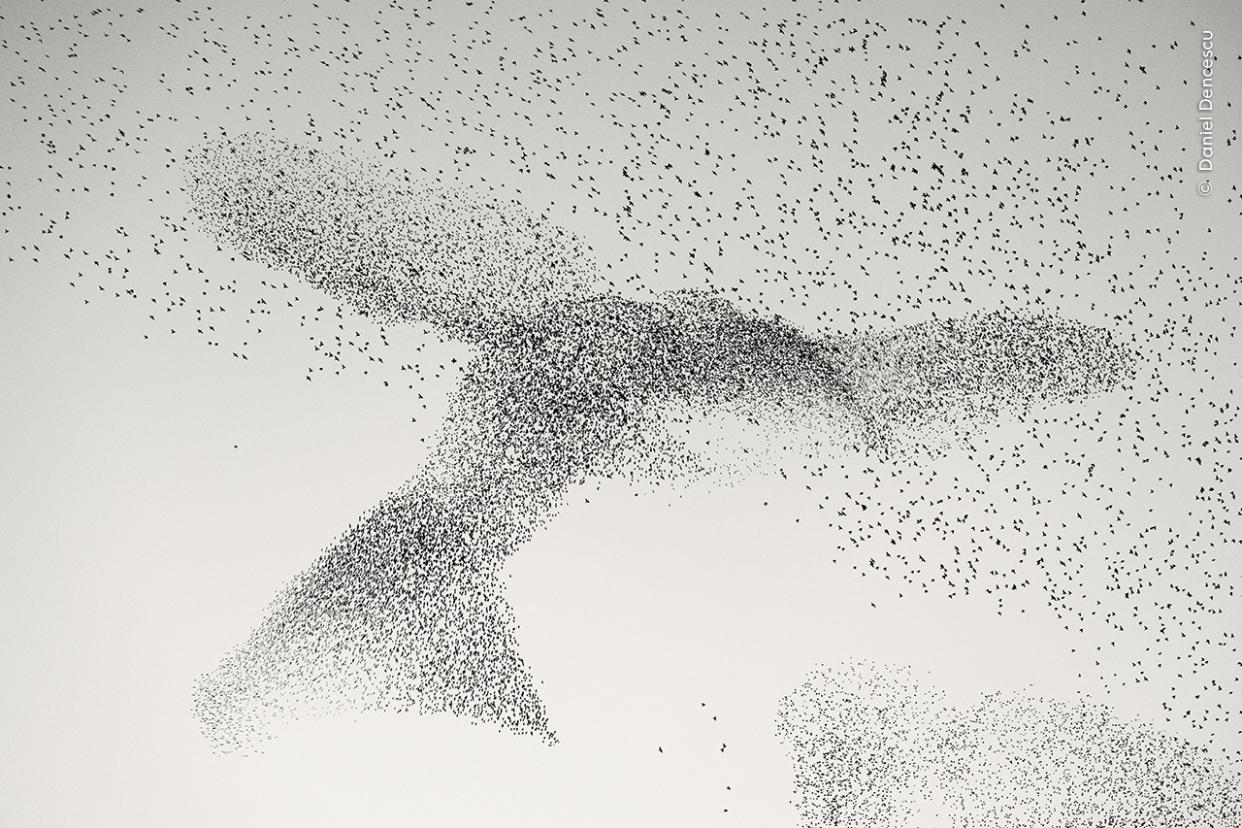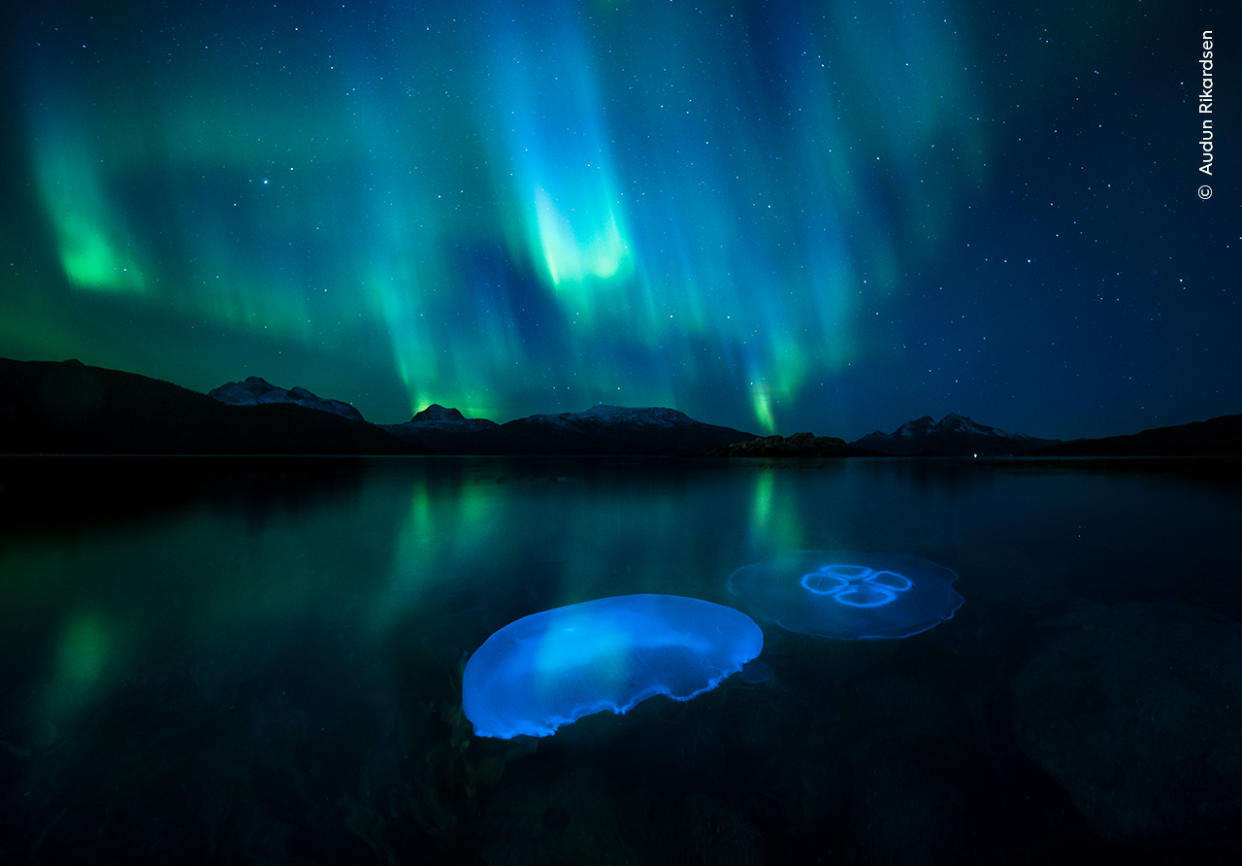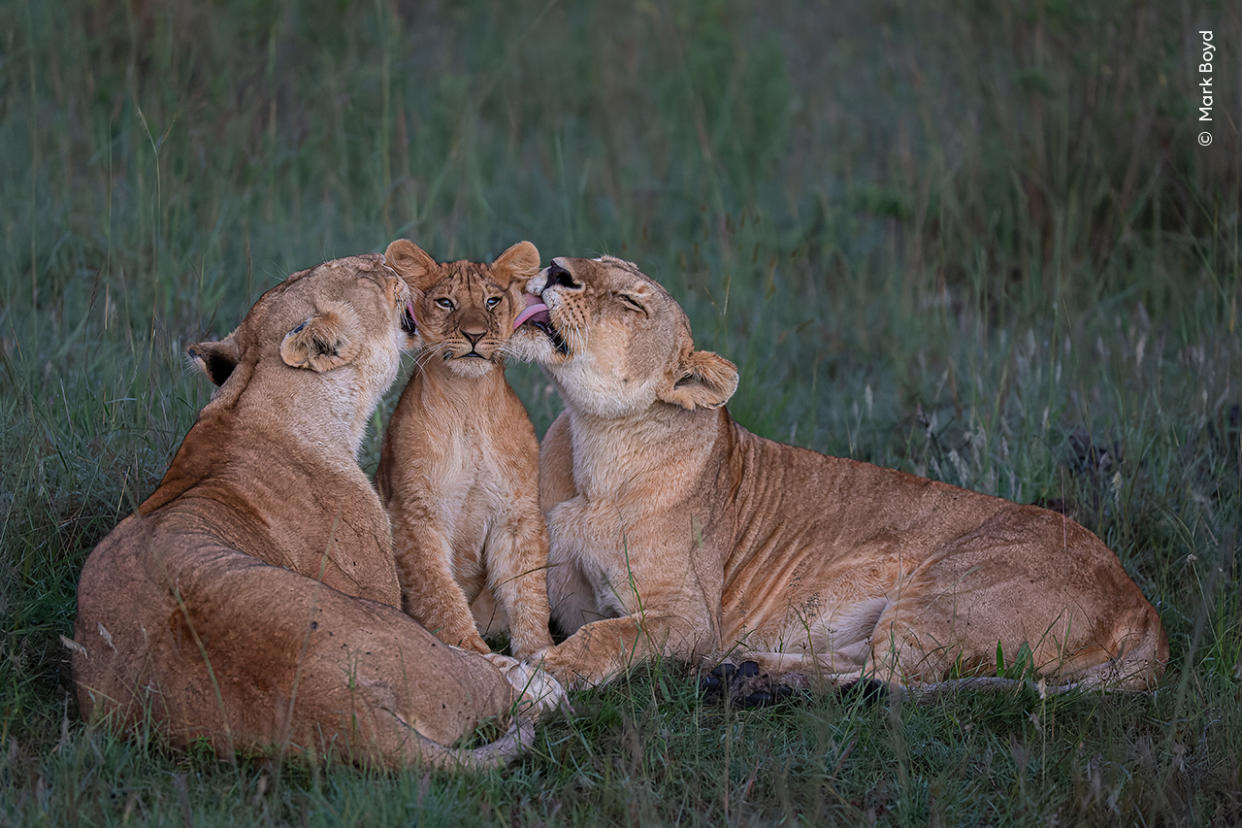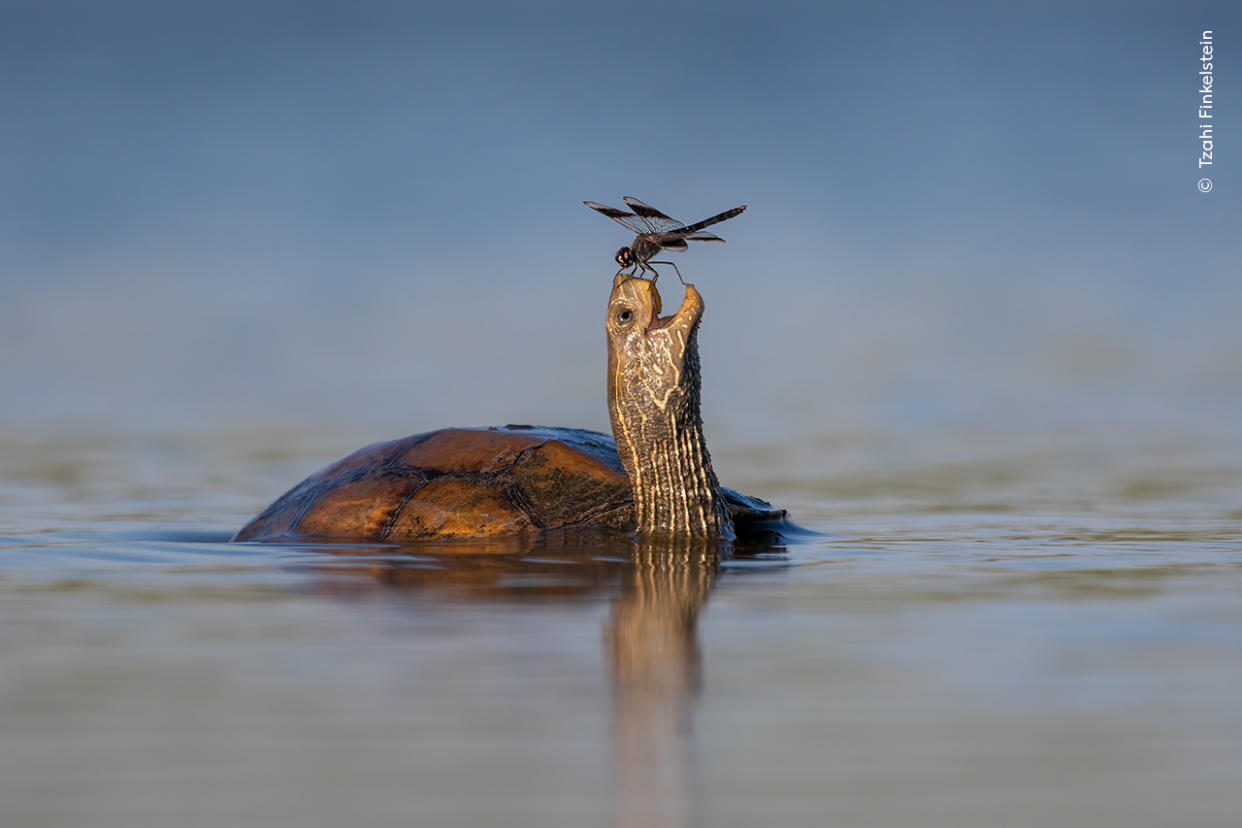Shot of polar bear on iceberg bed wins public vote in photography contest
A “breathtaking” image of a young polar bear drifting off to sleep on an iceberg has won the Wildlife Photographer of the Year People’s Choice Award.
The shot, captured by British amateur photographer Nima Sarikhani, came top in a public vote that saw a record 75,000 nature and photography enthusiasts choose their favourite picture from shortlist of 25 images.

Dr Douglas Gurr, director of the Natural History Museum, which runs the annual Wildlife Photographer of the Year competition, said the picture is a visual representation of the impacts of climate change and habitat loss.
Mr Sarikhani, from London, said he wanted the photograph to inspire hope, as polar bears are incredibly adaptable and there is still time to “fix the mess we have caused” to their environment.
After three days searching for polar bears in thick fog off Norway’s Svalbard archipelago, the expedition vessel Mr Sarikhani was on changed course to where there was still some sea ice, and encountered two of the animals.

Just before midnight, a young male climbed on to a small iceberg and used his paws to scrape away the ice to carve out a bed for himself, allowing Mr Sarikhani to capture the moment the bear drifted off to sleep.
He said: “I am so honoured to have won this year’s People’s Choice Award for the Wildlife Photographer of the Year, the most prestigious wildlife photography competition.
“This photograph has stirred strong emotions in many of those who have seen it.
“Whilst climate change is the biggest challenge we face, I hope that this photograph also inspires hope.
“Polar bears are incredibly adaptable and, in some areas, increasing in number, and there is still time to fix the mess we have caused.”

Dr Gurr said: “Nima’s breathtaking and poignant image allows us to see the beauty and fragility of our planet.
“His thought-provoking image is a stark reminder of the integral bond between an animal and its habitat and serves as a visual representation of the detrimental impacts of climate warming and habitat loss.”
Among the 25 pictures, four shots that also proved favourites with voters included the interaction between a pond turtle and a northern banded groundling dragonfly, and a starling murmuration forming the shape of a bird.

Two lionesses grooming a cub and two moon jellyfish illuminated by the aurora borealis in a fjord in Norway were also among the highly commended finalists in the public vote.
The shortlist for the People’s Choice Award was chosen by the Natural History Museum and an international judging panel from almost 50,000 images submitted for the Wildlife Photographer of the Year competition.
The five images will be displayed online at www.nhm.ac.uk/wpy/peoples-choice and at the Natural History Museum in London until June 30 2024.


